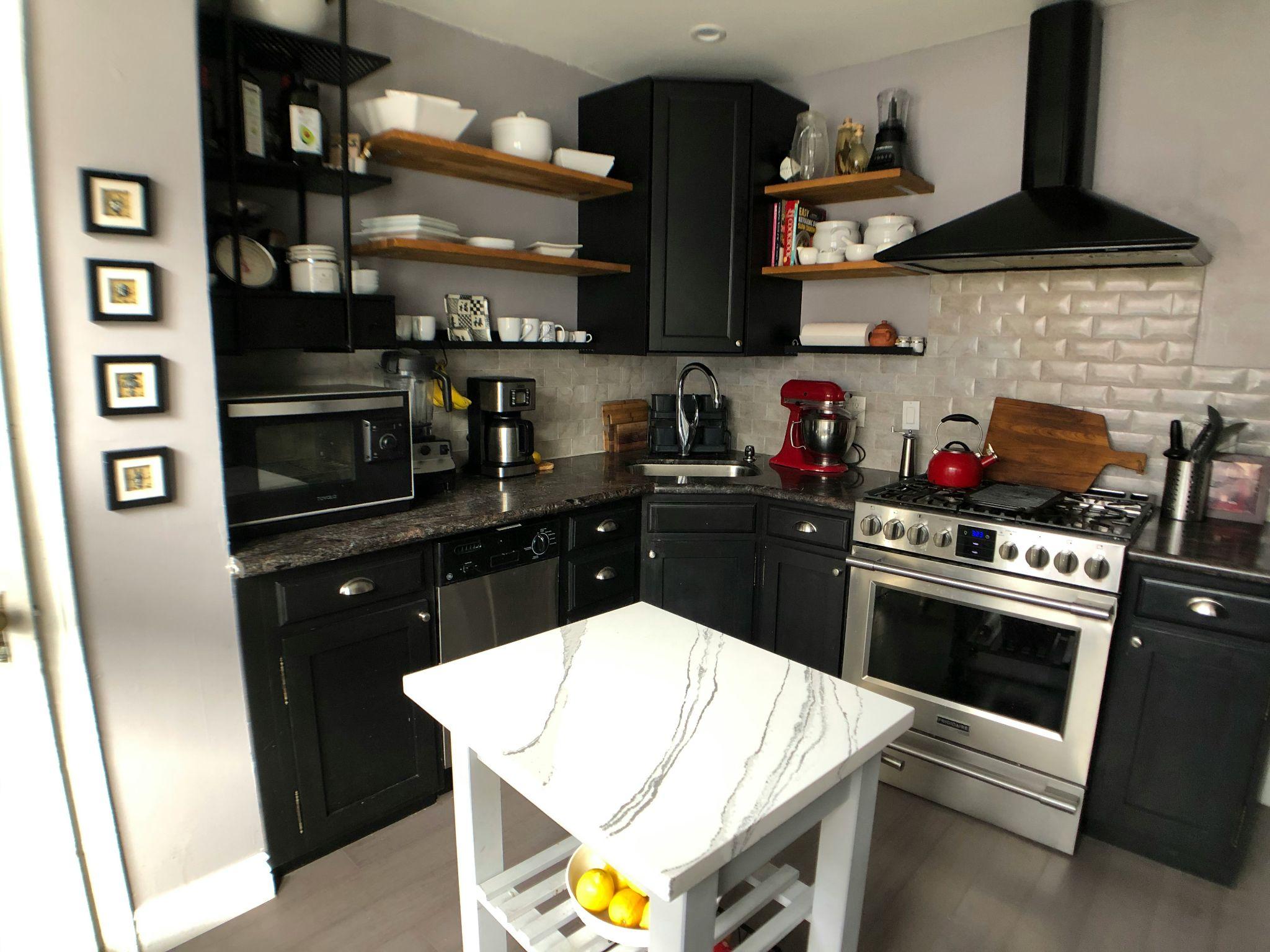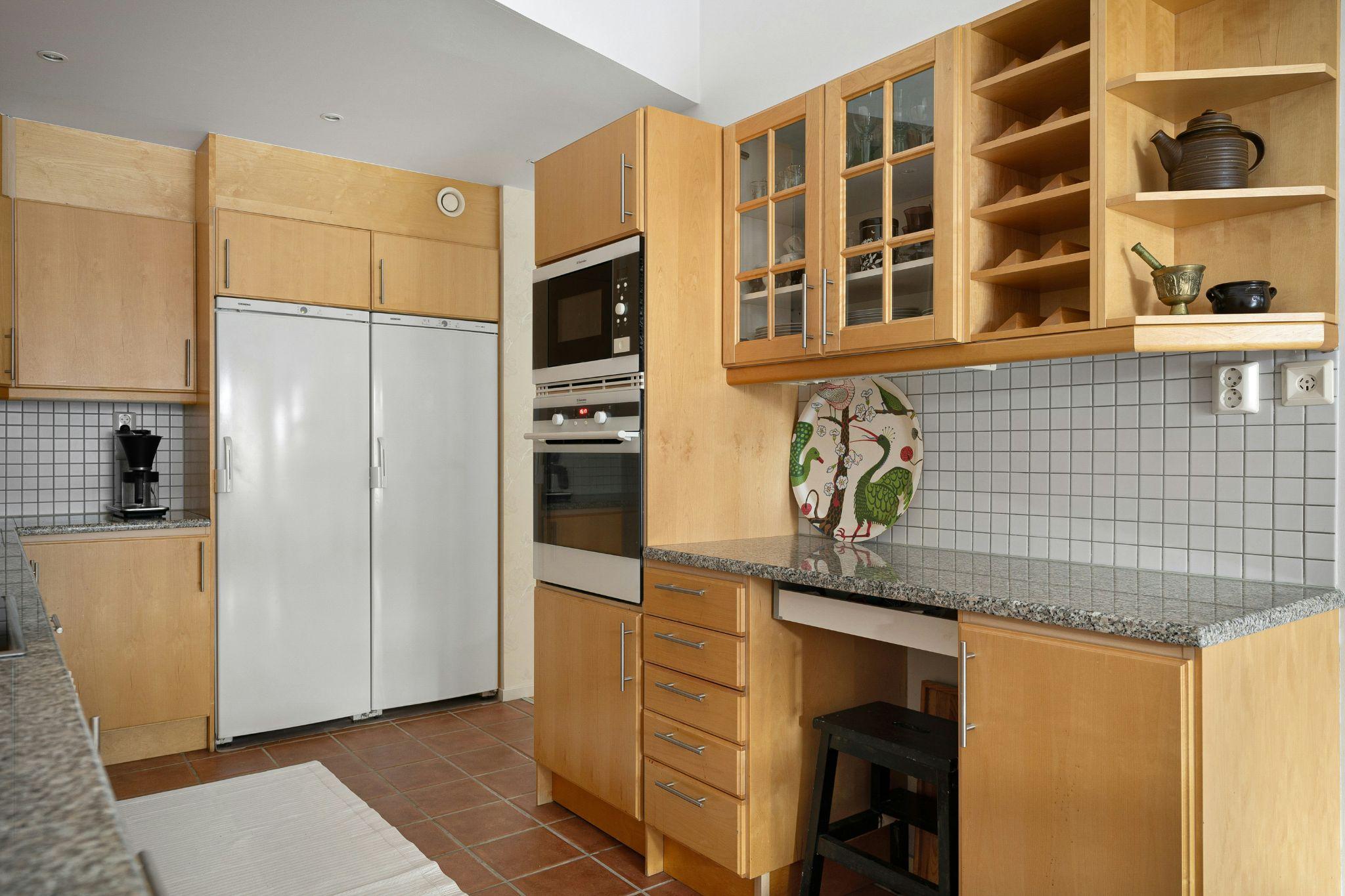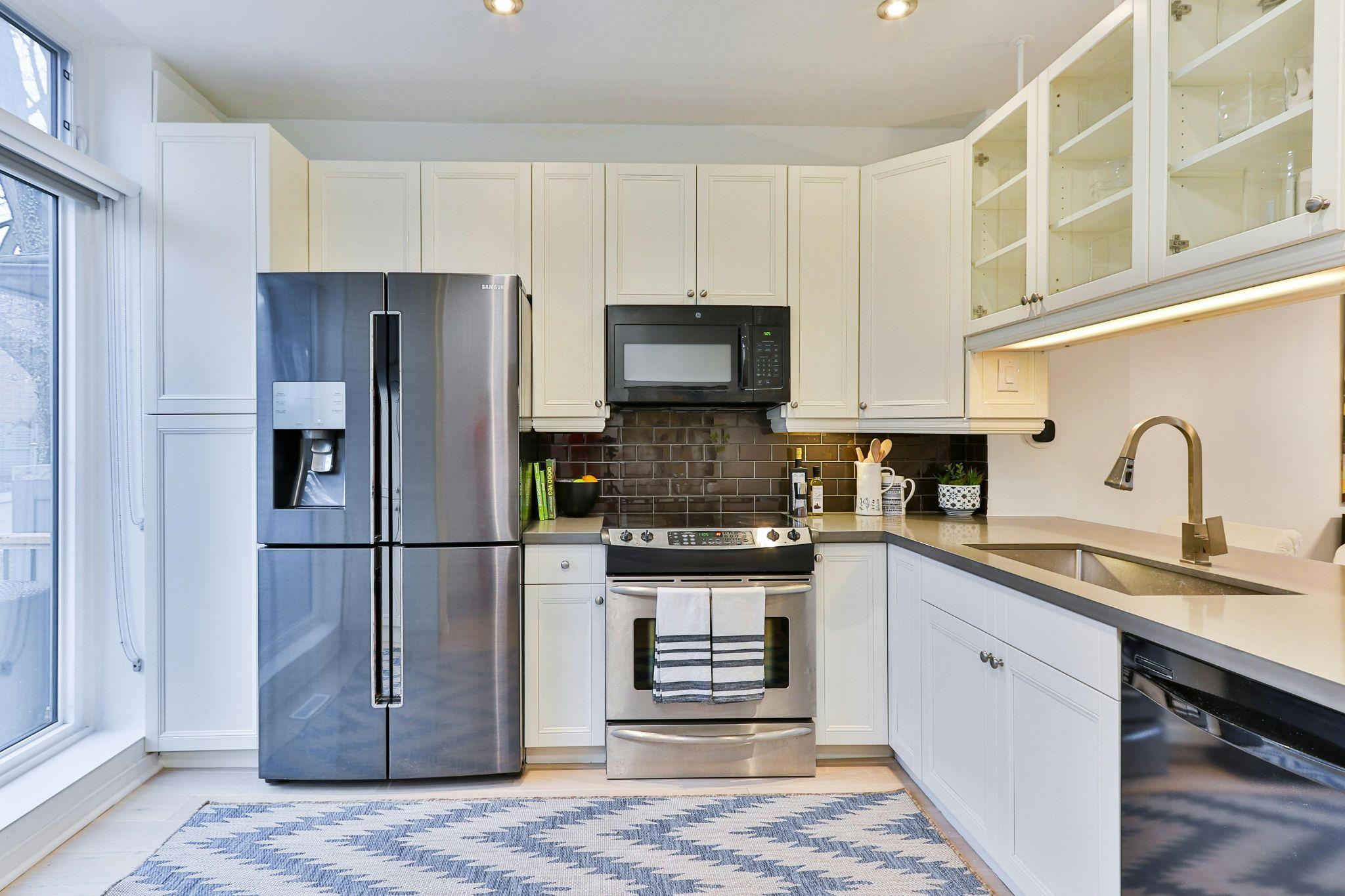Upgrading your kitchen can feel both exciting and overwhelming. Whether you’re doing a full renovation or simply replacing outdated appliances, every choice impacts how your kitchen functions and how you think using it every day. While sleek finishes and high-tech features are appealing, the real secret to a successful upgrade lies in choosing appliances that truly suit your lifestyle.
From refrigerators to microwaves, each appliance plays a unique role in your daily routine. That’s why it’s important to look beyond surface-level aesthetics and think about usability, energy efficiency, and how your kitchen flows. Here are some helpful tips to guide your upgrade journey, so you end up with a kitchen that’s not just modern but genuinely functional for your needs.
1. Start with Your Routine in Mind
The best kitchen remodels are those that align with the way you cook, eat, and live. Are you a meal prep master for the week or a fly-by-fry cook? Do you heat up leftovers frequently or prepare everything from scratch? Your daily routine should be more important to your appliance selection than design news or sales gimmicks.
Take the instance of always being on the move. For you, spending money on a sensor cooking or inverter microwave can mean a huge difference. It’s not merely about faster heating about uniformally cooked food, lesser energy consumption, and a less hassle-ridden overall experience.
2. Choose Versatility Over Novelty
It is tempting to bet the farm on gimmicky features or specialized machines, but the key when remodeling your kitchen is to think of appliances that can perform more than one function exceptionally.
Rather than purchasing individual gadgets for steaming, grilling, and reheating, a multi-function microwave or a smart oven could be a more practical choice. These devices assist in streamlining your workflow and conserving valuable countertop space. Features such as programmable settings, smart sensors, and easy-to-use controls are what you should be on the lookout for. It is a minor upgrade to appear at first glance, but it can make a significant difference in the way you navigate your kitchen.
3. Energy Efficiency Is a Long-Term Win
Energy-efficient appliances aren’t only eco-friendly, they’re also a boon to your budget in the long term. When shopping for appliances, seek out energy ratings and find out what those labels actually signify in terms of use.
Devices such as dishwashers and refrigerators operate on a daily basis, so their efficiency will be felt over time. Even with appliances, if selected carefully, they can use less power if they’re made with new technology such as rapid-start buttons or eco settings. Think of it as an investment that rewards you with each electricity bill.
4. Think About Kitchen Flow and Space

One of the easiest mistakes in kitchen remodeling is forgetting how things work together. It’s not merely what appliances you pick, but how they work in your environment.
Measure twice, if necessary. Consider door swing, countertop clearance, and distance to other essential spaces such as the sink or pantry. For example, mounting your microwave above your range or putting it in a lower, designated cabinet can open up working space and eliminate clutter. It’s not necessarily about finding the most significant or most costly choice it’s about what works best for your kitchen lifestyle.
5. Don’t Rush the Research Phase
Spending time doing research on your choices might sound boring, but it’s an important step in making intelligent decisions. Read reviews, compare and contrast features, and ask people questions. People’s experiences can point out things that product descriptions don’t.
You can discover that a more expensive model has a steep learning curve, or find that a less complicated model is better suited to daily tasks. Ask yourself: Do I really need voice control, or would a one touch cook button serve me better?
Microwaves, for instance, vary from simple to extremely advanced. But what I care about most is whether the features serve me not how innovative the tech appears on paper.
6. Match Aesthetics with Practicality

We all adore a lovely kitchen, but don’t let appearance be at the expense of functionality. That slick matte black stove may be gorgeous, but is it a breeze to clean? Does the handle fingerprint?
Attempt to balance aesthetics with functionality. Stainless steel is a favorite for good reason it’s tough, classic, and low-maintenance. There are also newer finishes that smudge-resist or provide softer hues that mix better with minimalist or Scandinavian-style kitchens.
Your appliances will enhance your kitchen’s appearance, not make it harder to use.
7. Plan for Future Tech Integration
With the advancement of smart home technology, more kitchen appliances now include Wi-Fi connectivity, voice control, and app-based functionality. Not everyone needs a connected kitchen, but it’s good to consider ahead of time.
Picking a microwave or oven that can be paired with your smart speaker may not be necessary now but might be convenient in the future. Remote preheating or maintenance notifications, for instance, can actually benefit busy families to remain efficient.
Even if you don’t want to automate your kitchen entirely, choosing appliances with at least future-proof compatibility leaves some room for expansion.
8. Make Budget-Friendly Choices with High Impact
You don’t always have to replace everything at once to upgrade your kitchen. In some cases, beginning with one or two selected appliances is enough to entirely revamp your cooking process.
A convection microwave or a low-noise, energy-saving dishwasher can brighten functionality and mood instantly. Prioritize what is causing the most frustration and address that one first.
Smart prioritization it’s about selecting upgrades that provide everyday, immediate payback.
Your kitchen is supposed to simplify your life, not complicate it. By prioritizing your real needs, knowing how you use your space, and putting a little bit of thoughtful planning into it, you can make appliance upgrades that are functional, chic, and enduring.
Whether you’re eyeing a new fridge or simply want a better microwave, trust that small changes can make a big difference. The key is making choices that align with your lifestyle not just the latest trend.
After all, a smart kitchen isn’t just one that’s connected it’s one that works for you.

